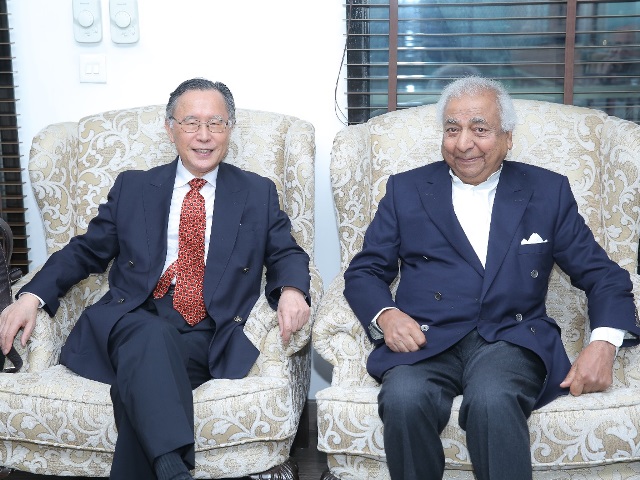Virendra Dayal, former Chef de Cabinet to the UN Secretary General said, “The UN must address many challenges faced by the world, including forced displacement, hunger, inequality, trade disputes, increasing debt burden and danger to media freedom,” while former UN Special Representative Hasegawa spoke about the significance of Gandhian non-violence and Meiji Revolution in Japan and recommended the re-composition of the Security Council.

Please see the Indian press coverage below:
The United Nations must do more to end violence and forced displacement. A move in that direction will include restructuring of the Security Council and norms for grant of veto power, experts said at a day-long conference on the ‘Future of United Nations’ at the O.P. Jindal Global University, here on Thursday.
”The UN must address many challenges faced by the world, including forced displacement, hunger, inequality, trade disputes, increasing debt burden and danger to media freedom,” said Virendra Dayal, former Chef de Cabinet to the UN Secretary General, in his inaugural address, according to a statement by the university.
Among the measures the UN can take to restore the power balance, the panelists recommended recomposition of the Security Council, veto power, promotion of democracy, and adequate funding by the developed countries and rules of procedure.
Speaking on Gandhian non-violence and Meiji Revolution in Japan — a period known as Japanese enlightenment — panellist Sukehiro Hasegawa stressed India and Japan can leverage their rich heritage to bring harmony in the working of the UN.
”India’s fight for independence as well as Gandhi’s philosophy of peace and welfare of humankind spread across the world. Similarly, the Meiji revolution paved the way for peace and prosperity in Japan.
”The two countries can utilise this rich historical heritage and act in harmony in the UN,” said Sukehiro Hasegawa, former Special Representative of the UN Secretary General to Timor-Leste.




